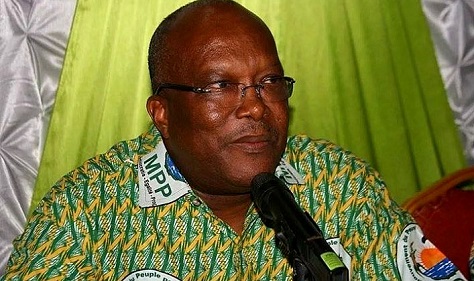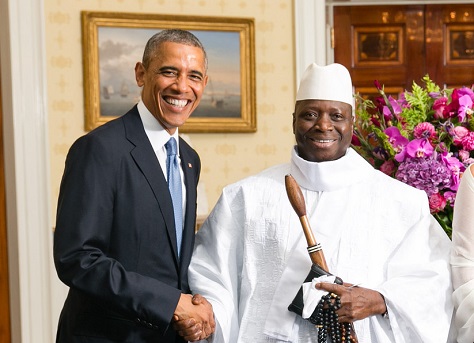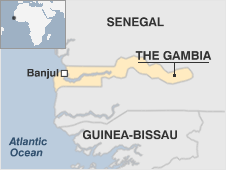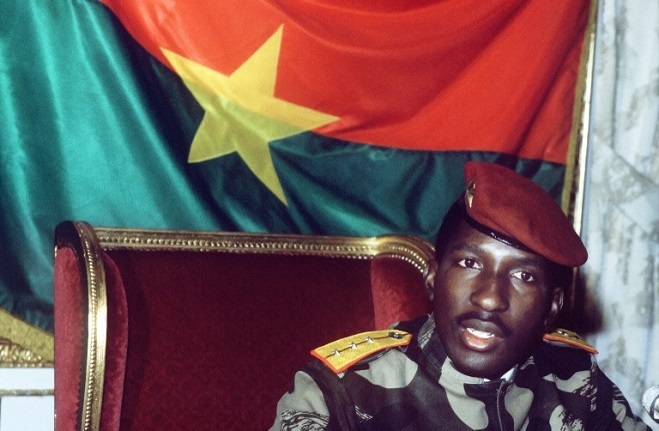
After holding a free and relatively trouble-free election on November 29th, Burkina Faso has elected a new, civilian president: Roch Marc Christian Kaboré.![]()
That, in itself, is a milestone for a country that has very little experience with democracy or even civilian leaders, and that just two months ago faced yet another militant coup designed to throw the country’s elections off track. Kaboré is just the second civilian Burkinabé leader since the country gained independence from France in 1960.
Supporters and opponents alike were celebrating in the streets of in Ouagadougou this weekend to mark the second fully contested election in the country’s post-independence history.
Kaboré’s election, however, is just the first step in what could still be a very troubled path to stronger governing institutions, committed democracy and greater development in Burkina Faso, a country of over 17 million people, though one of the world’s poorest (the International Monetary Fund estimates per-capita nominal GDP at just $631).
Burkina Faso’s latest political chapter began in October 2014, when long-serving president Blaise Compaoré fled from office in the wake of massive protests against his bid to win yet another reelection. Compaoré, then a young military leader, helped Thomas Sankara take power in a 1983 coup — only to force the leftist Sankara out in 1987, killing his once-close friend Sankara in the process and transforming Sankara into something of a martyr of the African left.
When Compaoré fled power last autumn, he was at the time the world’s seventh-longest ruling leader. Despite his autocratic rule at home, he had become an ally to the United States and to European powers at a time when west Africa has increasingly become a security concern for Western governments anxious to halt the rise of radical jihadist groups from Nigeria to the Sahel. The election comes in the aftermath of a deadly terrorist attack in Bamako, the capital of Mali, Burkina Faso’s neighbor to the north and the west. But the election also comes after the peaceful reelection of Ivorian president Alasanne Ouattara and ahead of scheduled Ghanian elections in 2016. Continue reading Burkina Faso’s election is just the beginning of its transition




 Photo credit to Pascal George/AFP.
Photo credit to Pascal George/AFP.